The Importance of Vitamin D for Human Health
Much like outdoor plants, humans thrive on sunshine, and we can't survive without it. Recently, there has been a significant focus on minimising sunlight exposure, leading to a troubling increase in Vitamin D deficiency. Integrative medicine practitioners have long emphasised the importance of this vital nutrient. Nowadays, after numerous research studies, the medical community is starting to recognise Vitamin D3's crucial role in our overall health.
While Vitamin D is commonly associated with bone health, it plays numerous critical roles in the body. It supports various systems, affecting every major aspect of our health. Here are some of the key functions of Vitamin D:
- Strengthens the immune system
- Enhances the respiratory system
- Benefits the nervous system
- Protects against cardiovascular conditions
- Regulates insulin secretion and blood sugar levels
- Aids in weight management and metabolism
- Promotes a healthy mood and sense of well-being
- Supports musculoskeletal function
- Encourages calcium uptake and bone mineralisation for strong bones
- Improves dental health
- Facilitates proper digestion and nutrient absorption
- Plays a crucial role in preventing and treating chronic illnesses like autoimmune diseases, cancer, and heart disease
It may be surprising to many Kiwi’s that Vitamin D deficiency is so prevalent, with an estimated 70% of clients we test being deficient, despite living in a country that gets overall decent sun exposure. Urban living, indoor work environments, and excessive use of sunscreens and clothing that block UV rays contribute to this deficiency.
Sunlight contains two main types of UV rays: UVB, which produces Vitamin D, and UVA, which can damage the skin and contribute to skin aging and cancers. UVB rays need direct skin contact to synthesise Vitamin D and are blocked by glass, while UVA rays can penetrate glass but don't aid in Vitamin D production. Good nutrition and a diet rich in natural antioxidants can help mitigate sun damage.
New Zealand's diverse population faces varying challenges in Vitamin D production. People with darker skin are at a higher risk of deficiency because their skin's pigmentation filters UVB rays more effectively. Conversely, those with lighter skin, primarily of Caucasian origin, generally produce Vitamin D more efficiently from sunlight. This being said, our lifestyles are reducing the amount of sunlight we get onto our skin.
Vitamin D and COVID-19
The current global pandemic has highlighted the importance of Vitamin D. Researchers worldwide are investigating its benefits in the context of COVID-19 and respiratory infections. A 2017 review in the British Medical Journal (BMJ) indicated that Vitamin D supplementation protects against respiratory viral infections, such as colds and the flu. This is particularly relevant now, as maintaining adequate Vitamin D levels can be a simple yet effective measure to boost immunity against viral infections, including COVID-19.
Sunlight exposure turns a precursor in the skin into pre-Vitamin D3, which the liver and kidneys then convert into its active form, 1,25-dihydroxy Vitamin D3. This process begins when UVB rays hit cholesterol in skin cells, providing the energy needed for Vitamin D synthesis.
The best way to obtain Vitamin D is through sunlight exposure. However, it's crucial to balance sun exposure to avoid an increased risk of skin cancer while ensuring sufficient Vitamin D levels. Even 10 minutes of daily sunlight can be beneficial, though optimal exposure times vary based on individual factors and conditions.
For those unable to get adequate sun exposure, dietary sources of Vitamin D include fatty fish (such as salmon, tuna, and mackerel), fish liver oils, beef liver, cheese, egg yolks, and certain mushrooms exposed to sunlight or ultraviolet light.
Regular monitoring of Vitamin D levels by a healthcare provider is essential to determine the correct supplementation dosage. Factors influencing dosage include deficiency severity, age, body weight, skin type, and diet. Additionally, Vitamin D should be taken with Vitamin K2 to ensure proper calcium deposition in bones rather than arteries.
In conclusion, like all living organisms, humans need sunlight to thrive. A holistic approach to health includes regular exercise, adequate sleep, a healthy diet, and appropriate supplementation, including Vitamin D. If you think you might be low in vitamin D or need assistance with increasing your vitamin D to optimal levels, please enquire now.
